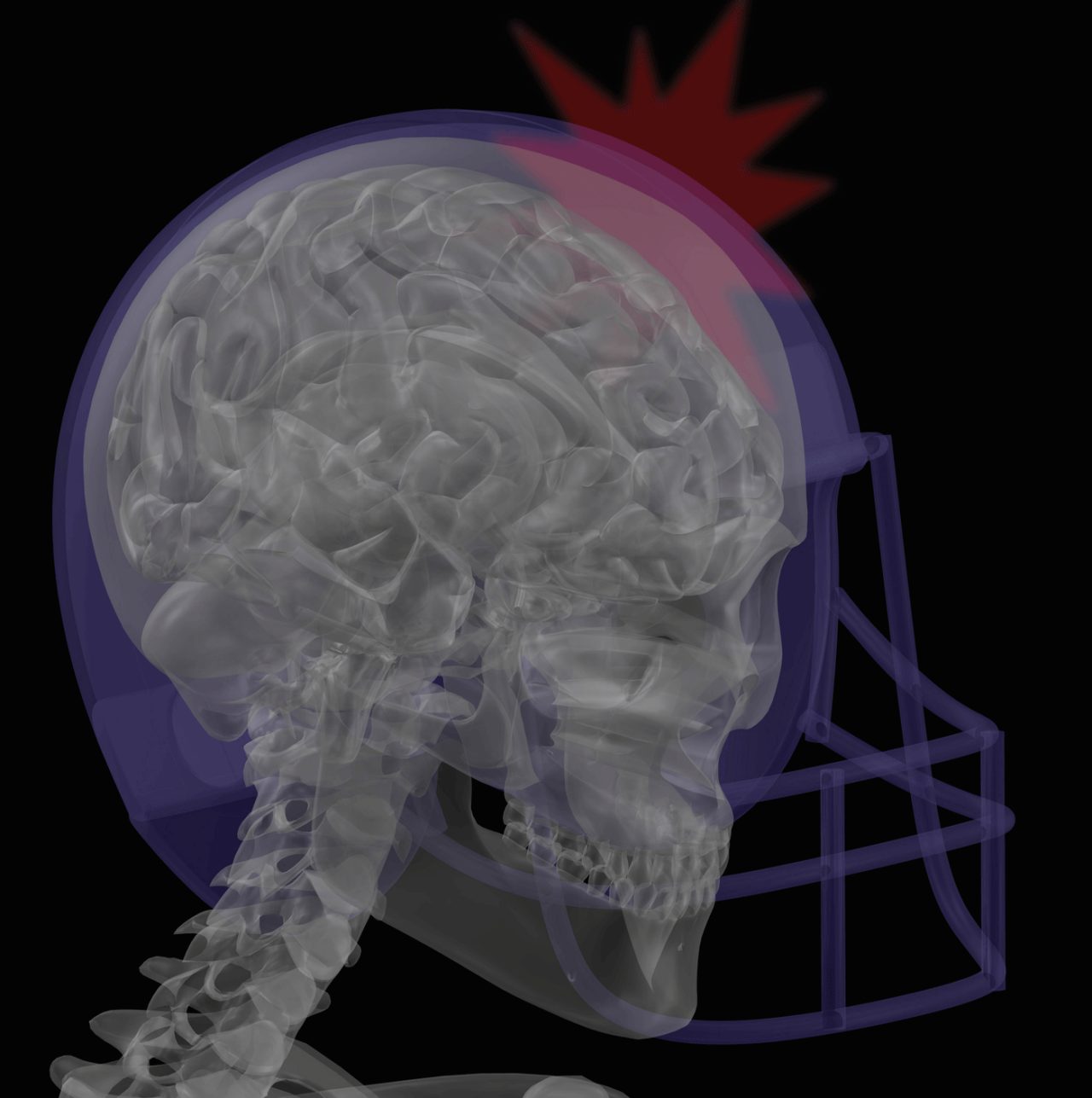What Is a Concussion?

If you just don’t feel right after a bump, blow, or jolt to your head or body, get help quickly. Concussion is a kind of traumatic brain injury.
Doctors may use the word concussion rather than brain injury when talking to parents so they don’t panic. In fact, a concussion is a kind of traumatic brain injury. Even severe cases can be diagnosed as a concussion, which sounds mild.
What is a concussion?
The medical definition is head trauma resulting in short-lived impairment of neurologic function. Many different official scales are used to measure severity. Any bump, blow, or jolt that makes your head and brain move rapidly back and forth can cause your brain to bounce or twist within the skull. That movement leads to chemical changes and possible damage to cells. You can see an illustration from the Centers for Disease and Prevention control here.
The blow doesn’t have to occur directly to your head. For instance, if you are in a car accident and lurch forward violently, you could have a concussion even if your head doesn’t hit anything. You also don’t need to lose consciousness to suffer a brain injury.
YOU MIGHT ALSO LIKE: Concussion Symptoms
Signs of concussion
- You lose consciousness, even briefly.
- You can’t recall events just before or after the event.
- You look dazed.
- You move clumsily.
- You answer questions slowly.
- If you are in the middle of an activity, you lose track of what you are doing. For example, if you’re playing football and don’t remember instructions from the coach.
- Your mood changes.
- You feel headache or pressure in your head.
- You’re nauseated.
- You’re dizzy or have blurry vision or dizziness.
- Light or noise bother you more.
- You are sluggish.
- You can’t concentrate.
You’ll usually see one or more symptoms soon after the injury, but other symptoms can show up hours or days later. For example, you might be a little confused right after the blow and a day later not remember what happened.
What you can do
Every concussion is unique, so make sure you don’t rush back into activity too quickly. The symptoms tend to fade within two weeks, but in some cases they can last longer than a month. Previous concussions, learning difficulties, mental health problems, or other stresses can make recovery take a bit longer.
Immediately after an injury, it’s important that someone monitor you, checking in every 15 to 30 minutes. If symptoms get worse, you should go to an emergency room.
For the next two days, rest, which means no sports, schoolwork, or housework, or work on a job. That includes plenty of sleep, naps during the day, and avoiding physical activity and mental work.
Wait until your symptoms are gone, then reintroduce activities over the next five days (ask your doctor for a clearance to return to normal activities). Women and younger people are more vulnerable to lasting effects. A child with a concussion should get a part-time schedule when returning to school. If you’re back to your regular life but have difficulties, take breaks.
If symptoms last months after your injury, you may have post-concussive syndrome.
Usually, it takes more than one concussion to create a lasting problem, but athletes especially may have ignored earlier incidents. As many as half of concussions while playing sports go unreported, according to the American Medical Society for Sports Medicine. Helmets and mouth guards do not protect players against concussions or make them milder.
Updated:
March 31, 2023
Reviewed By:
Janet O’Dell